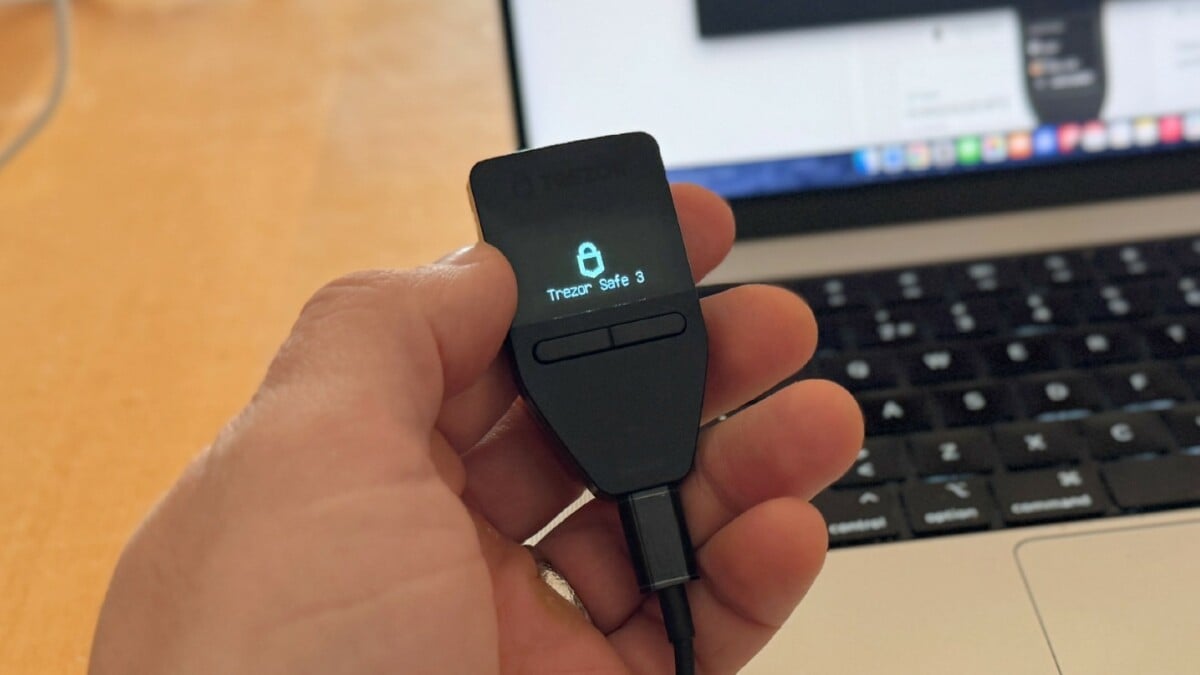US Space Force Major urges Defense Department to adopt Bitcoin as an ‘offset strategy’
U.S. Space Force Major Jason Lowery has brought a novel perspective on Bitcoin to light, extending its significance far beyond finance and into national defense and cybersecurity.
In a detailed letter to the Defense of Defense’s (DoD) Innovation Board, Lowery argued that Bitcoin and similar proof-of-work (PoW) protocols hold substantial strategic importance, urging the government to delve deeper into their potential applications.
Macrochip
The major’s letter contextualized Bitcoin within the military strategy of an offset approach. The concept historically involves leveraging technological advancements to counterbalance adversaries’ strengths.
Lowery suggested that Bitcoin and its underlying technology could serve as contemporary tools in this regard, potentially redefining the landscape of cyber warfare and defense.
Lowery described Bitcoin as a pioneering “macrochip,” a concept that transforms the global electric power grid into a vast, resource-intensive computer. This innovative approach, he argued, introduces physical costs into the digital domain, offering a new method of securing a wide array of data across the internet.
According to Lowery, this strategy challenges the conventional paradigms of cybersecurity and could mark a significant shift in protecting national interests in the digital age.
Lowery also addressed the ongoing challenges in cybersecurity, highlighting the inadequacies of existing software-based solutions. He proposed that the proof-of-work protocol, as exemplified by Bitcoin, represents a significant innovation in this field.
By introducing the notion of real-world physical costs as deterrents in cyberspace, this approach could revolutionize the way digital security is enforced.
Recommendations to DoD
The letter further explored the implications of this technology for cyber warfare and defense strategies. Lowery emphasized the need for the United States to recognize and quickly adapt to Bitcoin’s potential as a strategic offset in cybersecurity.
He warned that failure to do so could impact the global balance of power, especially in an era where digital and interconnected systems are increasingly vulnerable to security breaches.
In his role as the U.S….



